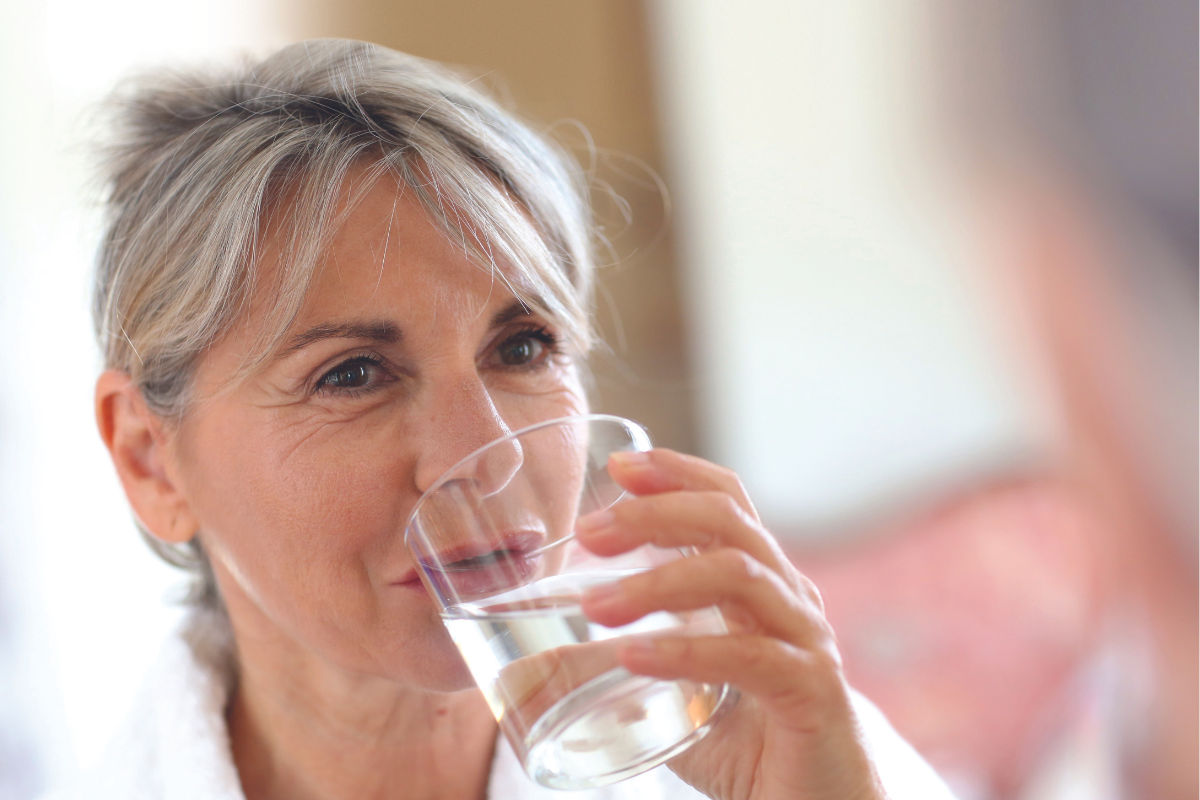Where we specialise
The Nutricia portfolio of science-based nutritional solutions is designed to positively impact health through food for people who need it most, and at the most critical times of their lives, from the first 1000 days and onwards into old age.
Paediatrics
Adults
Tube feeding
Metabolics
Ketogenics
Nutricia offers access to a wide range of support services and resources including:
- • Our free Sampling Service to order product samples and have them sent to your patients' homes.
- • A range of CPD accredited e-learning programmes.
- • Order free paper copies of our support tools for yourself or to use with your patients.
- • Sign up to receiving marketing communications and be the first to know about our free educational events & webinars, the latest scientific research and product updates.















